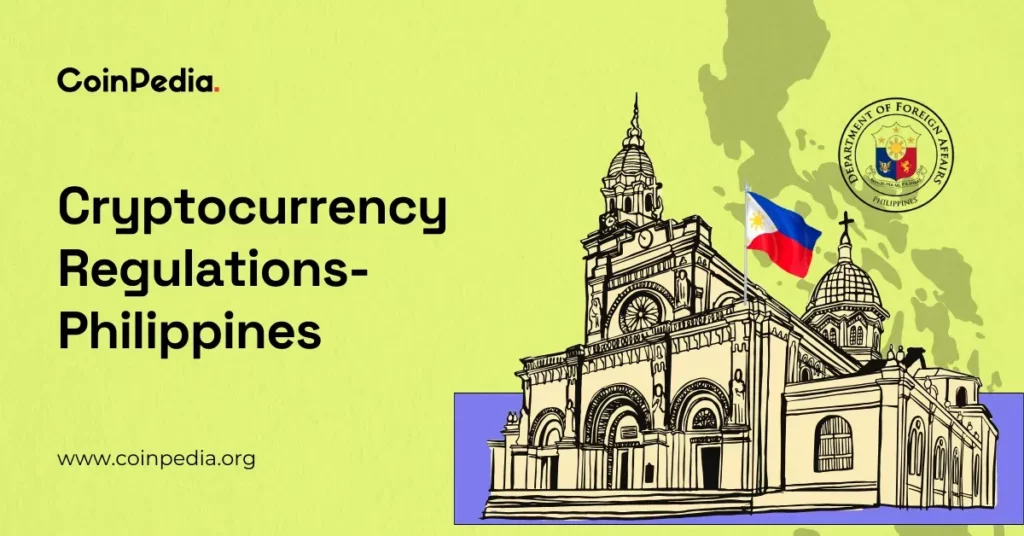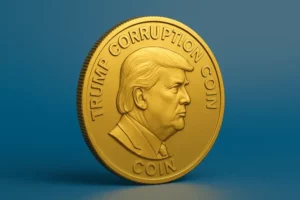
The Philippine government has made significant strides in shaping its regulatory landscape for digital assets. With a recent surge in cryptocurrency adoption and growth, it is crucial to outline these developments for investors, traders, and enthusiasts.
As of June 12, 2025, all regulations under Memorandum Circulars No. 4 and 5 have been enforced, aimed at protecting crypto users and maintaining trust within the market. Notably, the Philippine Securities and Exchange Commission (SEC) is now responsible for overseeing the registration of Crypto Asset Service Providers (CASPs).
The regulatory framework has seen significant developments in recent years. In May 2023, the Bangko Sentral ng Pilipinas (BSP) launched its own cryptocurrency, the Philippine Peso Backed Stablecoin (PHPC), within a regulatory sandbox environment.
In September 2022, the government passed the Financial Products and Services Consumer Protection Act, which has led to enhanced security measures and increased transparency in crypto transactions. This move underscores the nation’s commitment to positioning itself as a regional leader in blockchain innovation and development.
It is imperative for crypto companies and platforms to adhere to SEC regulations and maintain strict anti-money laundering (AML) procedures. Failure to comply can result in severe penalties, including fines up to P10,000 to P50,000, with an added 20% of annum on unpaid taxes.
This regulatory environment has prompted many leading exchanges to operate within the country’s jurisdiction, including reputable platforms such as Youholder, Bybit, Cex.io, Bit Get, and Bigone.
Source: coinpedia.org


